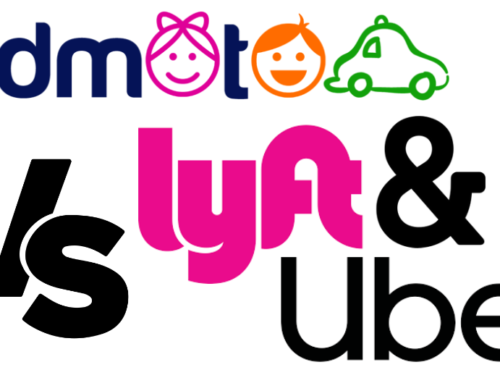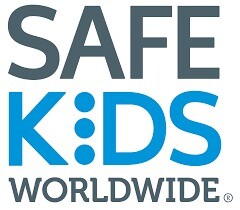[vc_row][vc_column][vc_column_text]There should not be anything complicated with child car seats. You buy the seat, install it, and you are done. Then you move on to the next size if your kid starts to get too big. It should be that simple, but it isn’t. At least, not in New Jersey. Known for having complex rules and regulations, the Golden State is where you will find the toughest child car seat laws.
Before you head out in the road, are you sure your kid is using the right seat? Do you know when you should change the seat to a booster? If you are unsure, best to read up about NJ child seat laws below.
New Jersey Car Seat Laws
According to the state law of New Jersey, children below 8 years old or 57 inches tall must use a car restraint system accepted by the United States Department of Transportation Standards. Similarly, it should be based on the weight and height suggestions of the seat manufacturer. Here are some specific notes on the recently passed child safety seat regulations:
Newborn – Age 2
Children ages 2 and below with a weight of 30 lbs. and under must use a rear-facing car seat. The NJ state law indicates that the seat must have a 5-point harness. In many states in the US, you can turn your kid’s car seat to be front-facing when he or she reaches the age of one. However, New Jersey does not allow that as it’s been indicated in data that children are less likely to die when facing the back of the vehicle if an accident happens. It makes sense, but tall or heavy children under 2 will be uncomfortable if they remain rear-facing as stated by NJ child seat laws.
Ages 2 – 4
Children under 4 years old and 40 lbs. must use either rear-facing or forward-facing child car seat. Like kids under 2, it must have a 5-point harness in the car’s back seat. In other states, parents can move their kids to booster seats by this age, but that isn’t the same in New Jersey. They cannot move the kids to booster seats or use car seats with only shoulder belts. At around this age, kids must be in child car seats with a 5-point harness strictly and without fail. Otherwise, the parents could face legal consequences.
Ages 4 – 8
If your kid is aged 4 to 8 with a height of 57 inches, he or she must still use a car seat until reaching the child car seat’s capacity. When they reach that limit, then the parent can move their child to a booster seat with a regular seat belt. In the new NJ child seat laws, even if your kid is still 6 years old, if his or her height already passed the limit, then moving on to an adult seat belt is possible. Similarly, a kid that turned 8 can move on to an adult seat belt no matter his or her weight based on this new law.
When Can Your Child Move to the Front Seat?
As of this writing, this has not been mentioned in New Jersey child seat laws. It did not specify if children aged 8 or above can finally move on to the front seat. On the other hand, the Center for Disease Control and Prevention does mention that the recommended age to use the front seat is at the age of 13, so best to wait until your child has reached this age.
What Penalty to Expect if You Violate NJ Child Seat Laws?
If you violate New Jersey’s child safety seat laws, the penalty would be a fine of $75. But more than that, would you risk the safety of your child? These rules and regulations are there to ensure the maximum protection of your children while in a vehicle. Thus, you should obey them and do your part in lessening the fatalities involving children all because of irresponsibility.
Traveling in New Jersey? No Worries with Kidmoto Technologies
If you are traveling to New Jersey airports with your kid, you need not worry about NJ child seat laws because Kidmoto already took care of that. With a safe and convenient solution to car seats, you can simply book a car ride to and from any of New Jersey airports. Rest assured the pre-installed car seats comply with the strict laws by the state.
Want to know more? Don’t forget to leave us a message![/vc_column_text][/vc_column][/vc_row]






Leave A Comment